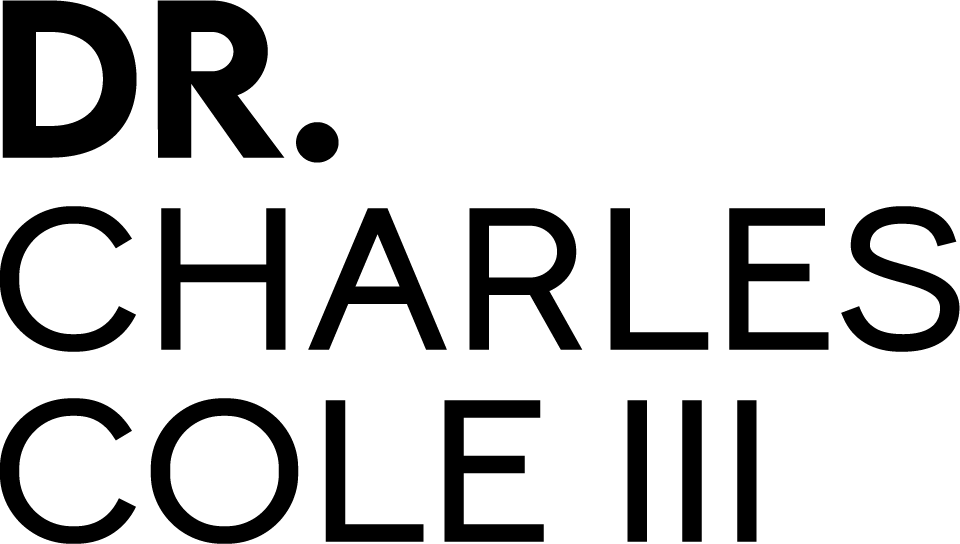Addressing the Disconnect: Grades vs. Proficiency in Oakland Schools
In Oakland, we are facing a critical challenge that threatens the future of our students – the stark disconnect between the grades they receive and their actual proficiency in essential subjects like math and reading. It's disheartening to see our students striving for high grades only to discover that these grades don't always reflect their true understanding of the material according to grade-level standards. This issue isn't just a minor oversight; it's a systemic problem that demands immediate attention and action.
Our recent Citywide Youth Survey has brought this issue into sharp focus. The survey revealed that while three out of four students believe they are reading at grade level, and nearly 60% think they are proficient in math, the reality is far different. State testing data shows that only a fraction of our Black and Latino students are meeting these proficiency standards. This discrepancy is a wake-up call – grades alone are not enough to measure our students' learning and readiness.
The voices of our students highlight the urgency of this issue. They express their frustration and confusion, realizing that high grades don't necessarily mean they are prepared for the next academic challenge. This misalignment between grades and proficiency undermines their confidence and hampers their educational journey. It's time for educators and policymakers to address this gap head-on.
We need to foster transparent communication between teachers, students, and parents about proficiency standards. Educators should regularly inform students whether they are meeting grade-level expectations and provide clear pathways for improvement. Additionally, we must advocate for a more robust assessment system that accurately measures student learning and guides effective instruction.
Our students deserve better. By bridging the gap between grades and proficiency, we can ensure they are truly prepared to succeed academically and beyond. Let's commit to making this change – for the sake of our students and the future of our community.
Read the full report here: The Oakland Report 2023-24: Demanding Proficiency Over Pageantry


